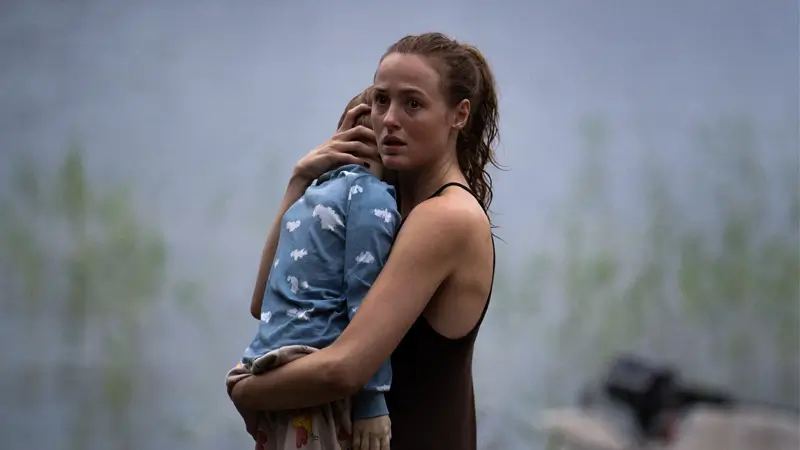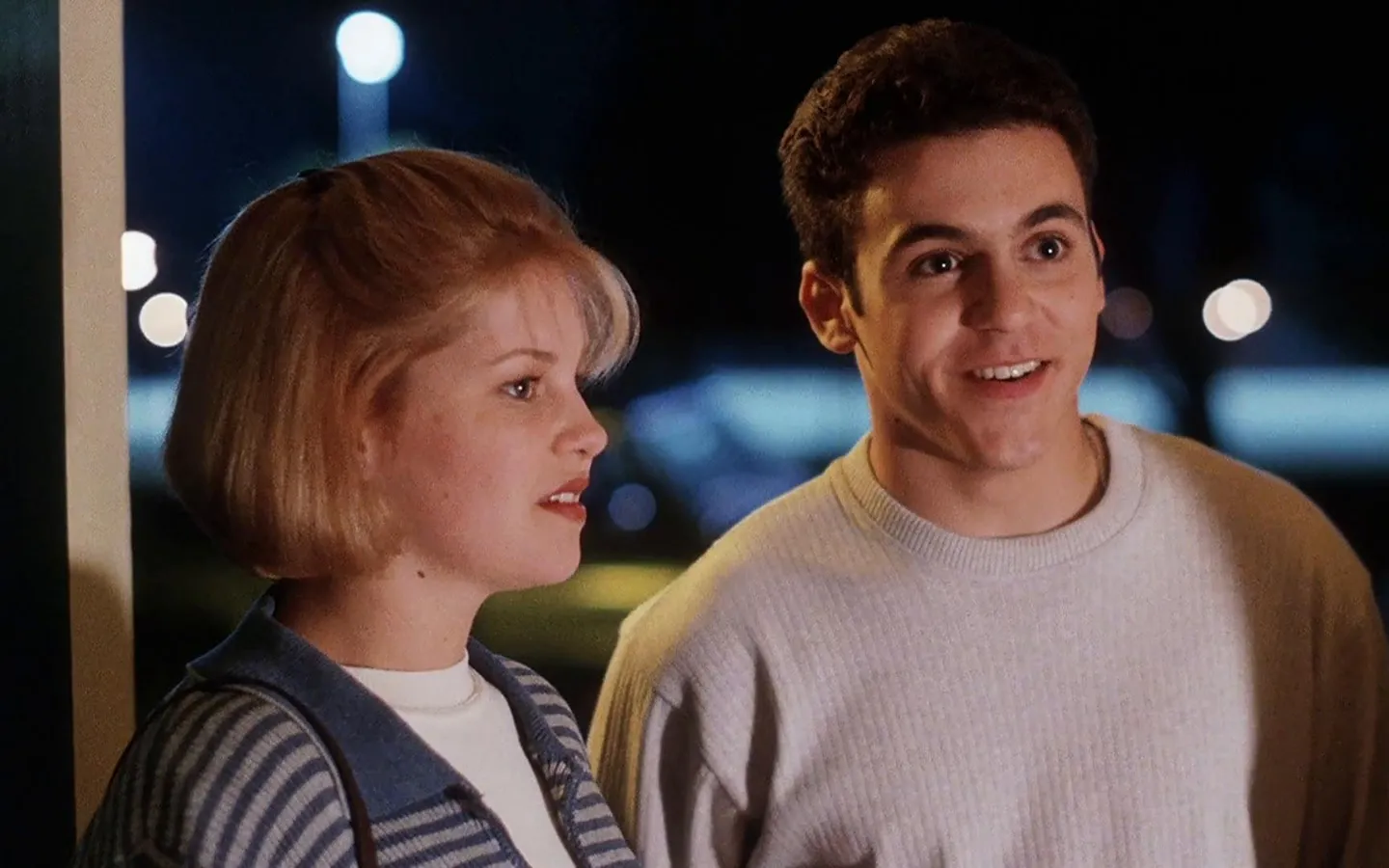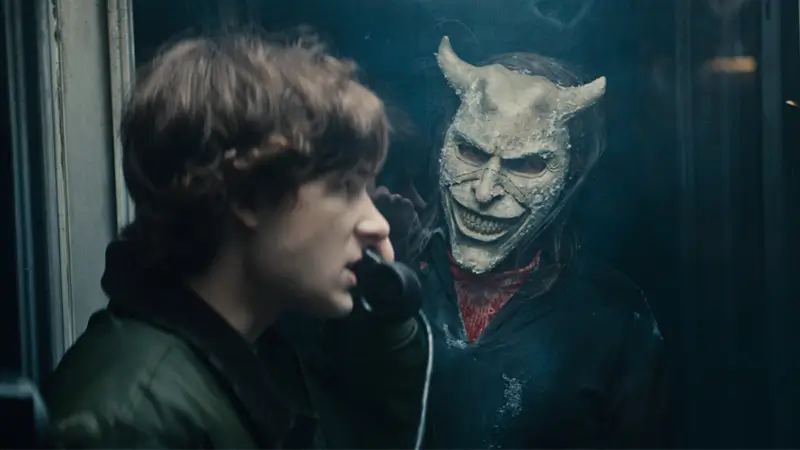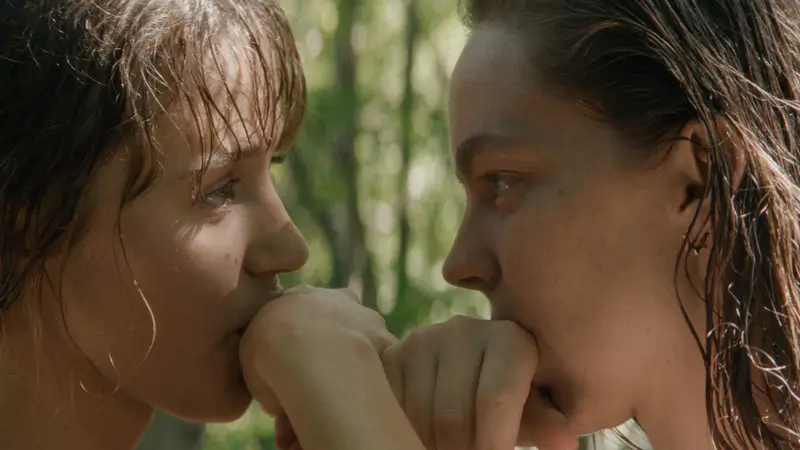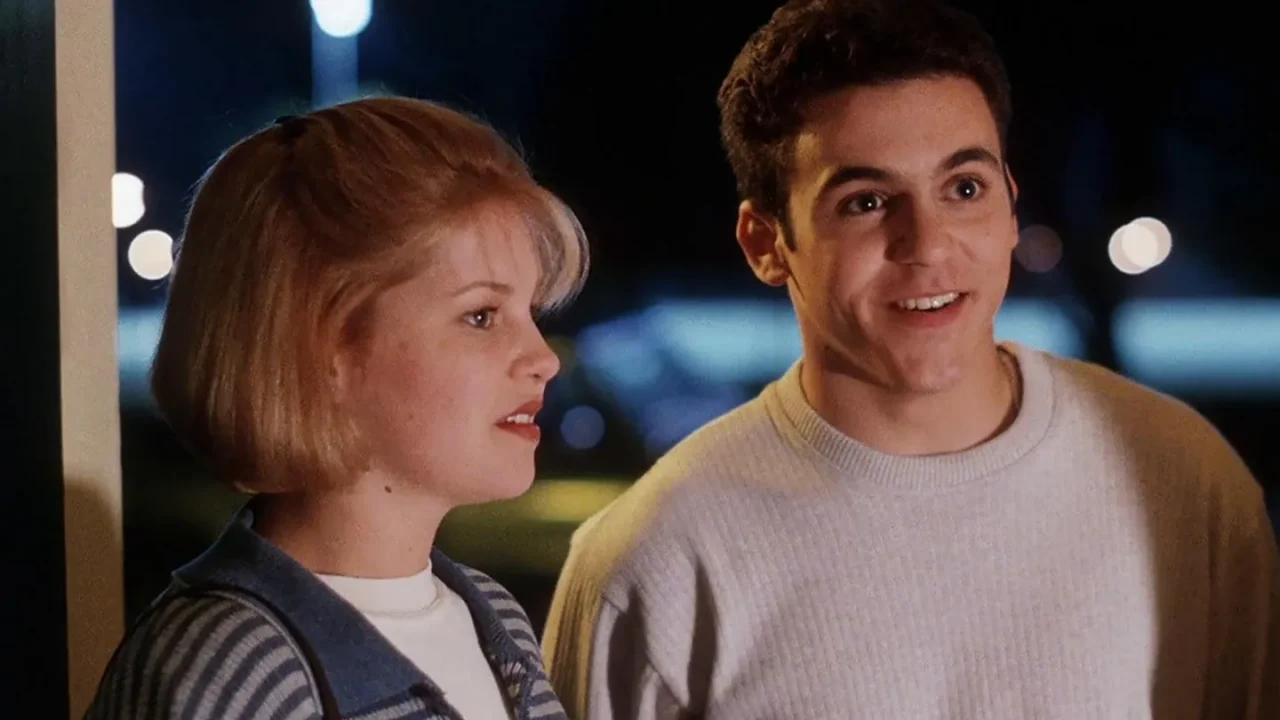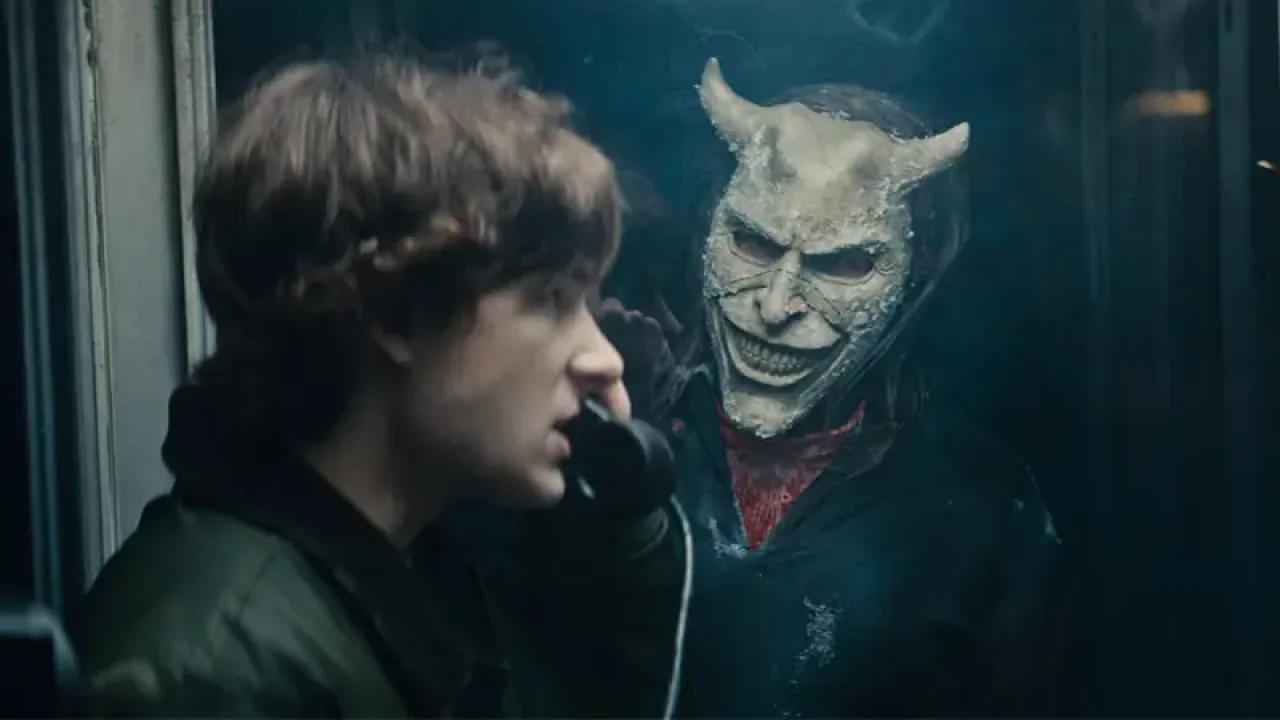Even before the official selection for the 78th Cannes Film Festival was announced, there was major buzz surrounding Sound of Falling, the second feature film by Germany’s Mascha Schilinski and the first in competition. The hype was confirmed at its official screening on Wednesday (14). By interweaving the stories of four girls living on a farm in northern Germany across different eras, the director crafts a complex web of memories, traumas, and the challenges and subtleties of the female experience. It’s a stunning achievement, especially considering the filmmaker’s first movie was made while she was still in film school.
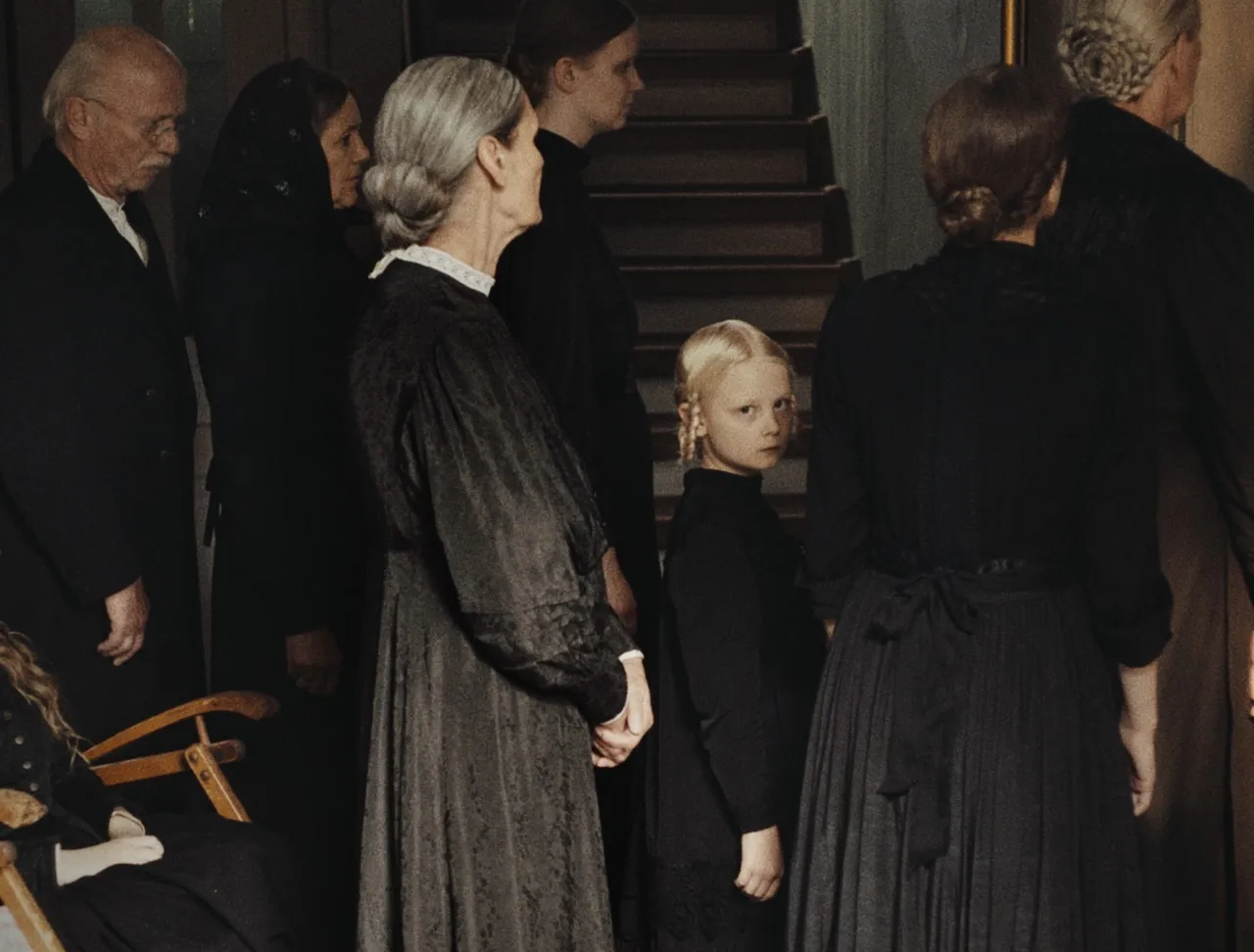
This farm is located in the Altmark region, which has always been predominantly rural and was the stage for pivotal moments in Germany’s tumultuous history. The Elbe River, which practically serves as one of Altmark’s borders, also marked the limit of the Red Army’s advance in World War II. Thus, the area ended up behind the Iron Curtain during the division of East and West Germany and, after reunification, began attracting people from Berlin in search of tranquility.
But this History with a capital “H” doesn’t account for the women of that place—and frankly, of any other. Their existence is often erased by a lack of records and a disinterest in making them characters with their own stories.
A Story Told Through Silence
Sound of Falling originated from a photograph of three nameless women, without a story or defined occupation, that Schilinski and screenwriter Louise Peter found forgotten on the property where they took refuge to write stories. Inspired by that image of anonymous women, they created fragments of life, filtered through memory, for Alma (Hanna Heckt), Erika (Lea Drinda), Angelika (Lena Urzendowsky), and Lenka (Laeni Geiseller) across a hundred years.
The first scene is highly representative of Sound of Falling‘s tone: a young woman moves with the aid of crutches. At first, she appears to be missing a leg. But the film actually reveals she tucks her leg under her dress to experience what it feels like to live like the man lying in a bed, who had part of his limb amputated. The sequence continues, intriguing and mysterious, without explanations of what era it is, who that man is, why he lost his leg, and, most importantly, who that woman is. It’s a warning that Schilinski isn’t willing to be didactic, but rather to convey sensations of invisibility, inadequacy, boredom, violence, and oppressed rebellion that pass from generation to generation of women.
The stories of these four girls—and other women around them—are stitched together in a surprising way, without warning, in a back-and-forth between disorienting pasts. The viewer doesn’t always know who the character on screen is or exactly what era they’re in. Each of the characters has specific moments.
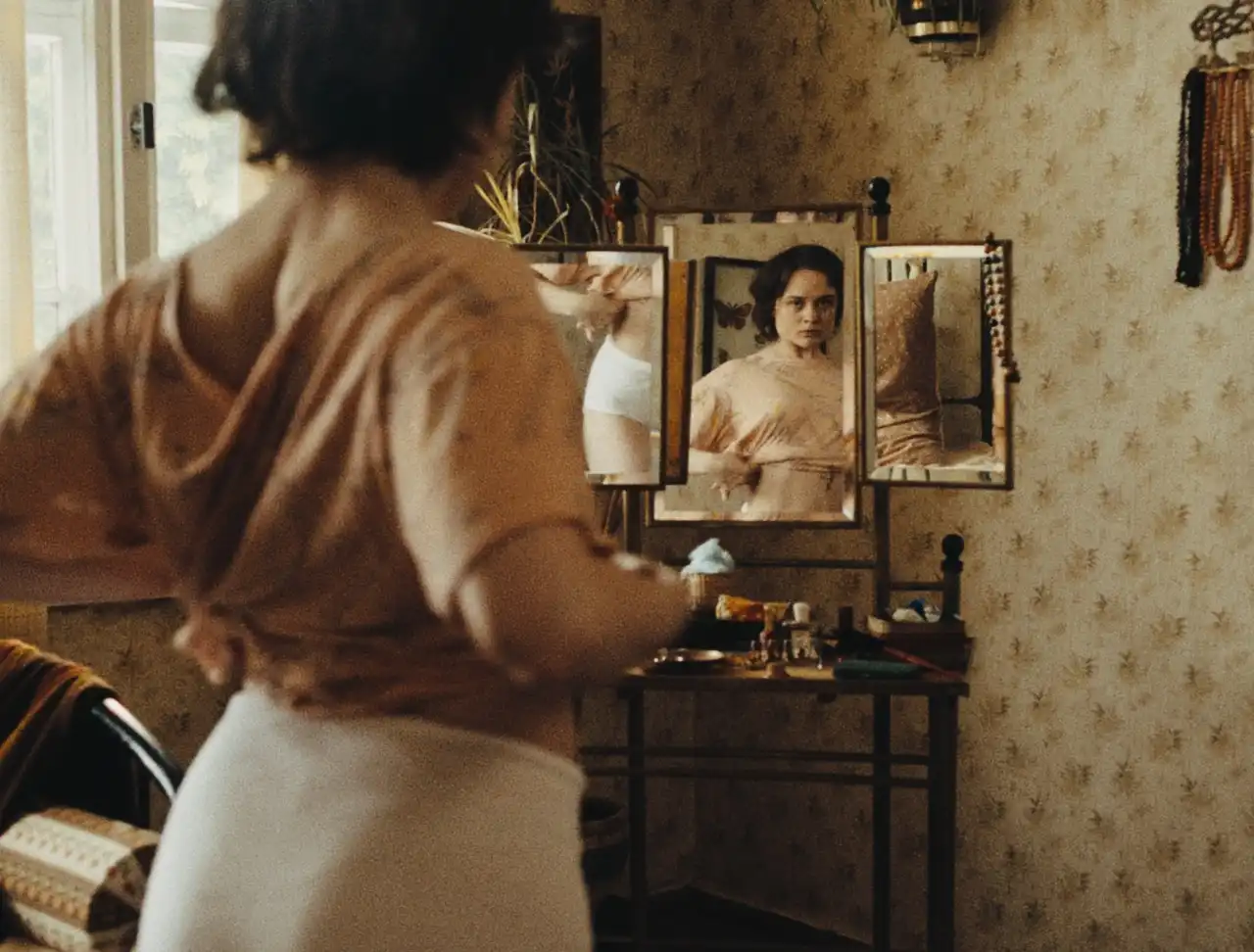
Characters That Reverberate Through Time
Alma sees the world through keyholes and cracks because the doors and windows are always closed. Erika suffers physical violence, and her impulses are not always understood. Angelika is judged while men can transgress at will. Lenka struggles to deal with her feelings.
There are evolutions from one era to another, but deep down, little changes. Yet together they mirror each other and show that, whether 100, 80, 40, or 10 years ago, women are silenced, judged, oppressed.
The film is remarkable in conveying small sensations, using highly subjective points of view to show these girls’ relationship with their private universes and the worlds they must navigate. Alma looks down to see the details of the black dress she is very proud of but has little understanding of what it means. Lenka is unsettled by the first gaze from her father’s friend upon her body.
Schilinski alternates this subjective point of view with a gaze that seems to be from the character looking at herself, like an out-of-body experience or, perhaps, herself from another time revisiting what she lived through. There is something ghostly about the images, with the characters being specters that traverse the eras and haunt other times, calling on the viewer to be a witness, not through the screen, but as if they were in those bodies.
Sound of Falling is as ambitious as only men in their second films are usually allowed to be and reveals a fascinating new voice in world cinema. It’s only the first film in competition, but it’s hard to imagine it leaving Cannes without an award.



